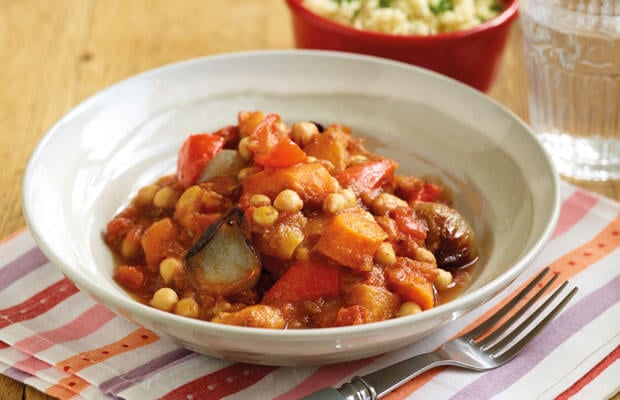What's on this page?
Is coffee bad for you?

Coffee has a bad reputation when it comes to your heart. But the truth is that research, including some funded by the BHF, tells us that moderate amounts of caffeine – from tea, coffee or other caffeinated food and drinks – shouldn’t be a problem for most people. “Moderate” means about 4-5 cups of tea or coffee a day.
That said, children and adolescents are more sensitive to the effects of caffeine, as are some adults. If that includes you, then it does makes sense to limit your intake or avoid it. Adding sugar to your coffee or tea, or drinking lots of milky coffees, is more likely to be a problem than the caffeine – because the calories can add up, causing you to gain weight.
Want to get fit and healthy?
Sign up to our fortnightly Heart Matters newsletter to receive healthy recipes, new activity ideas, and expert tips for managing your health. Joining is free and takes two minutes.
I’d like to sign up
Is fruit sugar bad for you?
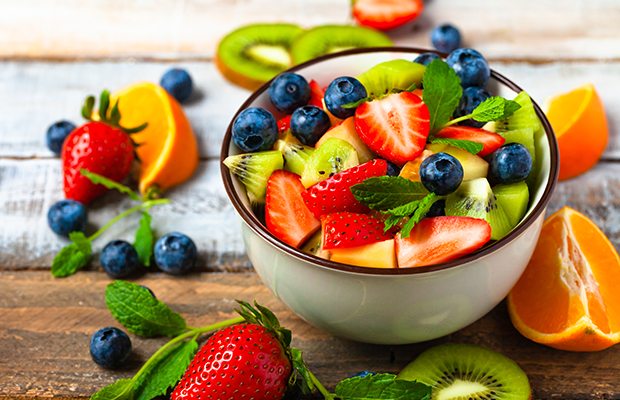
Fruit does contain sugar, but also vitamins and minerals. Eating whole fruit rather than having it as juice will also add fibre to your diet. Jam, sweetened yoghurts, biscuits, cakes and sweets are the biggest sources of sugar in our diets. So before you cut out fruit, focus on where else you could cut back on sugar.
Do carbs make you fat?
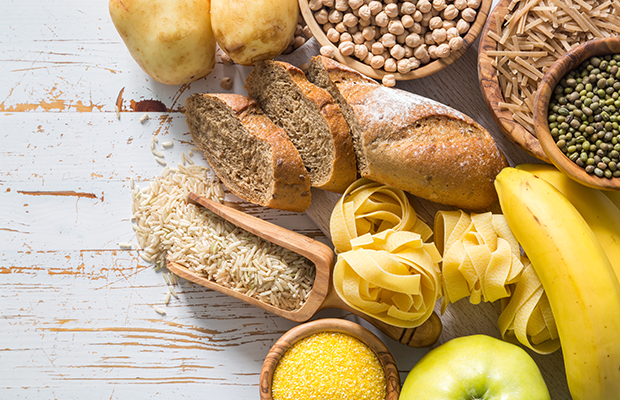
Cutting back on carbs can help you to reduce weight in the short term – but so can cutting back on fat or reducing your overall calorie intake.
This doesn’t mean that we need to avoid carbohydrates as part of a healthy, balanced diet. Wholegrains, fruits, vegetables and pulses (beans and lentils) are healthy sources of carbohydrate, which provide vitamins, minerals and fibre.
Carbohydrates from sugary foods and drinks are more of a problem. These don’t add much in the way of nutrition and we know that a high-sugar diet is more likely to be a high-calorie diet, which in turn can lead to weight gain. So, rather than demonising all carbohydrates, choose the right ones for a healthier approach.
Is dark chocolate good for you?
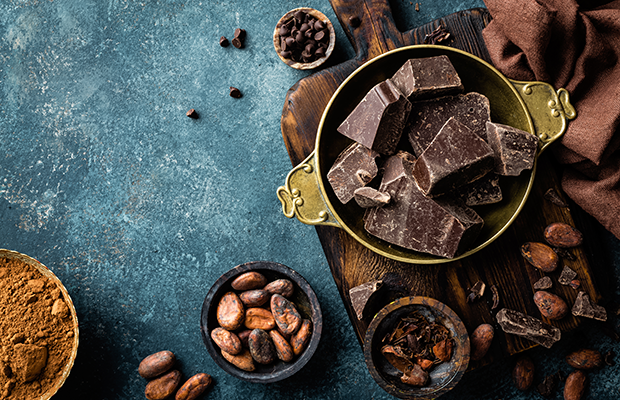
Dark chocolate does have more flavanols than milk or white chocolate. Flavanols are a sub-group of flavonoids, a type of antioxidant, and have been found to have health benefits. The higher the cocoa content, the more flavanols. But chocolate also contains cocoa butter (which is high in saturated fat) and sugar. These are likely to outweigh any positive impact of the flavanols. You can also get flavonoids from healthier foods such as tea, berries, apples, pears and grapes. If you like chocolate, enjoy it as a treat – but don’t eat it as a health food.
Is soy sauce bad for you?
Soy sauce is high in salt – just two tablespoons of it contains your maximum daily salt intake of 6g (the equivalent of around 1 tsp of table salt). Too much salt over time is linked to raised blood pressure, which can increase your risk of heart and circulatory diseases.
It’s true that gram for gram, soy sauce contains less sodium than salt. But it’s still very salty and the chances are you might add more of it to your food than if you were adding table salt. Reduced-salt soy sauce is a better choice, but even that is still high in salt.
Remember that other savoury sauces like sriracha or fish sauce are also high in salt, so look for reduced-salt versions and use them sparingly. To lower your salt intake, you’ll need to adjust your tastes to enjoy food with less salt – so cut back on salty foods, and be prepared that it might take a short while to get used to.
Is honey healthier than sugar?
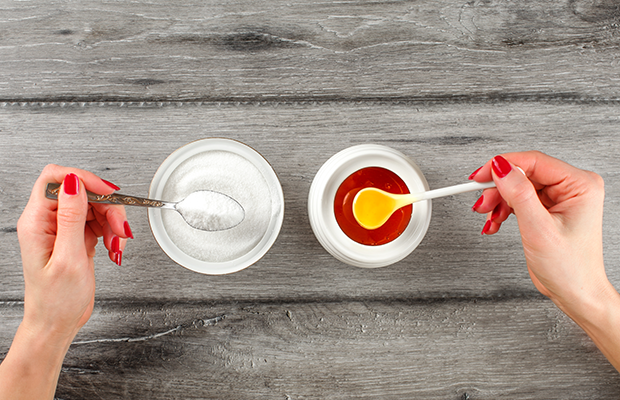
There is no real benefit to honey from a nutrition perspective. Although there may be traces of other substances in honey that aren’t present in table sugar, they are generally not in large enough amounts to make a significant difference to your diet. Whether it’s sugar or honey, it’s still free sugar: something that we should be trying to eat less of.
Is coconut milk good for you?
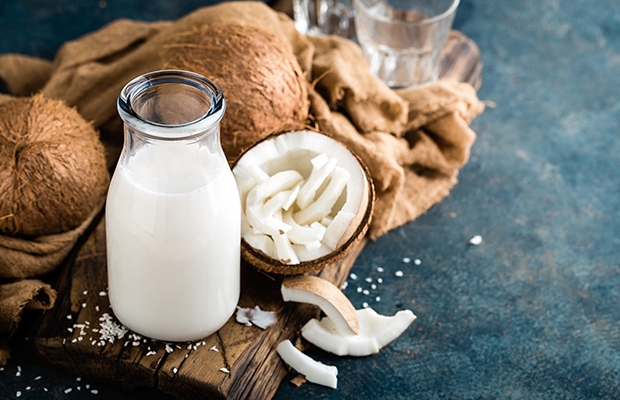
Tinned coconut milk is high in saturated fat. Too much saturated fat can increase our cholesterol levels, and high cholesterol is linked to a higher risk of heart and circulatory disease. “Light” coconut milk is better, but still high in saturated fat, so don’t include it regularly in your diet.
Coconut drinks sold as a dairy alternative can be mostly water with a small amount of coconut, so are much lower in saturated fat and can be a healthy choice. If you’re using them as a dairy substitute, choose one that is unsweetened, with added calcium. Check the labels of coconut yoghurt as the saturated fat content can vary, and choose unsweetened versions.
Is coconut oil good for you?
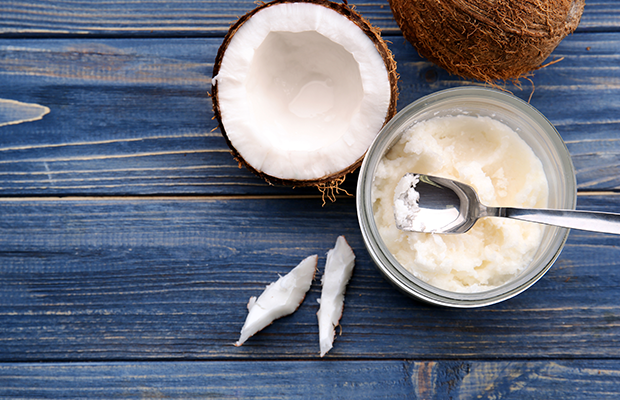
Switching from animal fats like butter, ghee or lard to plant-based oils is usually a healthy choice. But coconut and palm oils are the exception. They are high in saturated fat and so aren’t the best choices when it comes to managing cholesterol levels. Instead, choose unsaturated oil – such as olive, rapeseed (often sold as vegetable oil), sunflower or corn oil.
Are olives good for you?
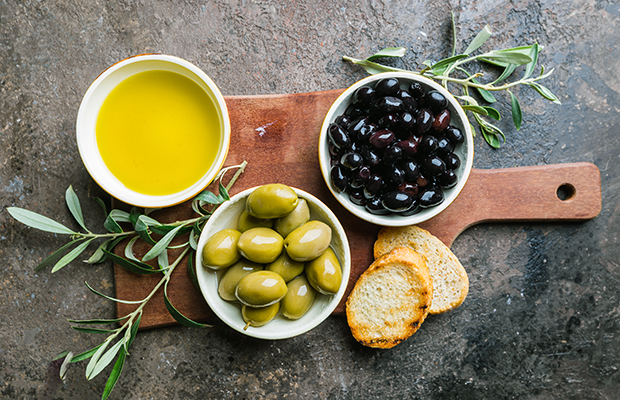
It’s true that olive oil is a healthy type of fat. Having unsaturated fat (like the monounsaturated fat in olive oil) instead of saturated fat is one of the reasons why the Mediterranean diet is so healthy.
Olives, though, are a different story. Although they will still contain the healthier unsaturated oil within them and will add fibre to the diet, the way they are preserved means they also contain a lot of added salt. Stick to olive oil and keep olives to an occasional treat.
Is intermittent fasting a good way to lose weight?
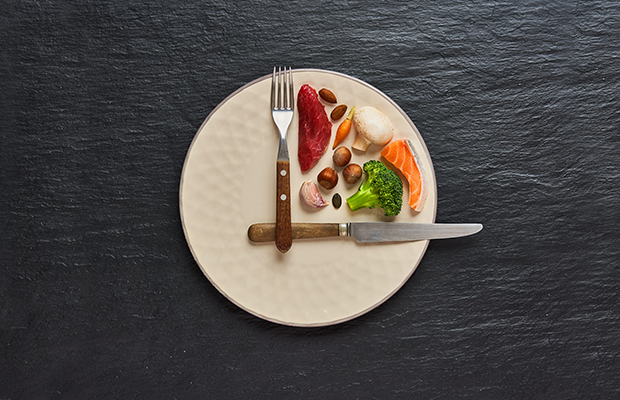
No single diet plan is better than the others. There is some evidence that intermittent fasting can be effective, but so can a traditional Mediterranean style diet, reducing portion sizes, or a lower-carbohydrate diet. As long as the diet plan you are following provides you with the full range of nutrients that you need, it’s about what diet works best for you and your lifestyle.
Back to top
What to read next...

